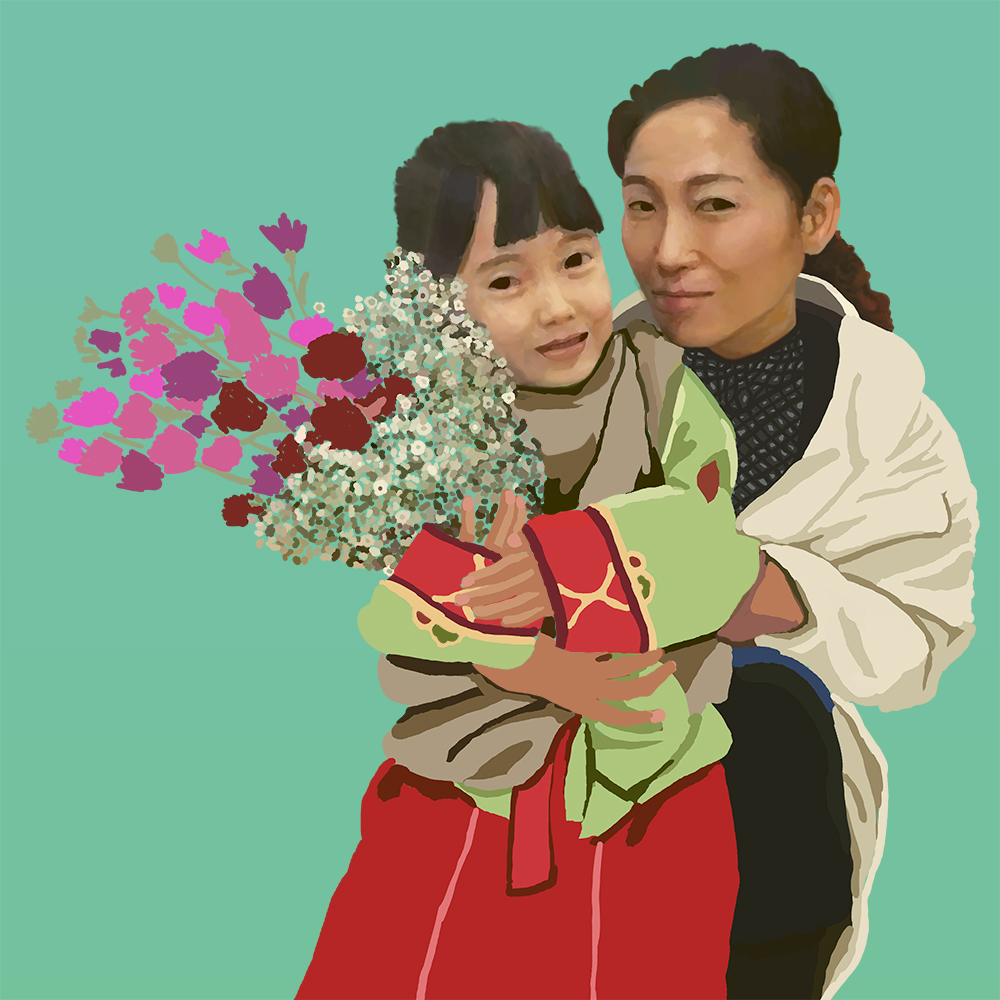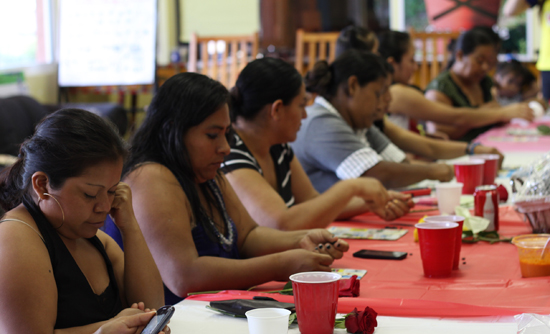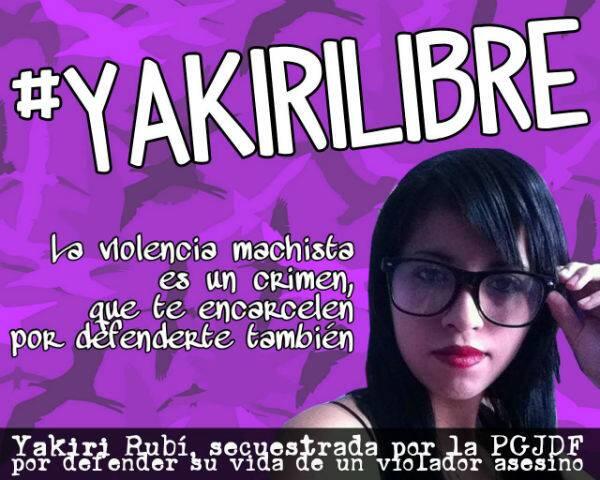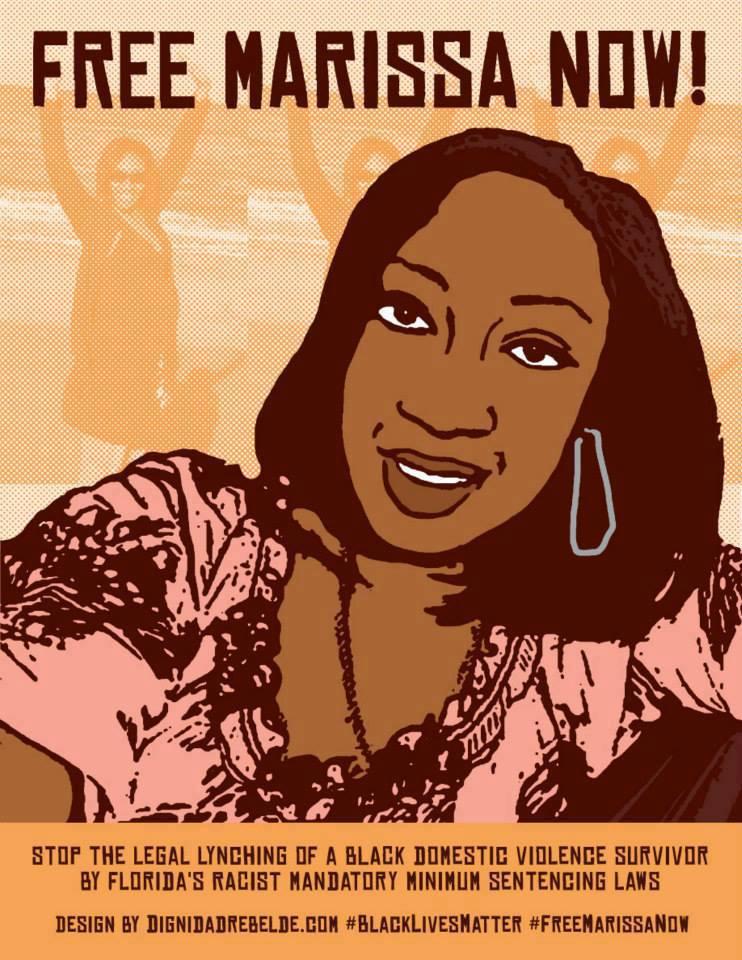
#StandWithNanHui
Nan-Hui Jo is a single mother, Korean immigrant to the United States, survivor of domestic violence, and prisoner. She stands, and struggles, at the intersection of State violence against immigrant women, women of color, and domestic violence survivors. While her story of being subjected to at least three forms of State violence is in many ways tragic, Nan-Hui Jo does not embody a failure of the State. The State wants Nan-Hui Jo suffering in prison and that’s what’s happening.
Nan-Hui Jo’s story is complicated, because of the innumerable details and turns, and yet simple, because of its familiarity. As a survivor of domestic violence, her story joins with those of Marissa Alexander, Tondalo Hall, and so many other women of color survivors who have been sent to prison for the crime of survival. As an immigrant woman, she joins Kenia Galeano and the mothers in Karnes Immigration Detention Center, in Texas, who are struggling to end State violence against immigrant women. In both categories, the women’s crime is having asserted their dignity.
Very briefly, Nan-Hui Jo came to the United States as a student, met a guy, fell in love, returned to Korea to get a fiancé visa, returned, married. Her husband abused her, and so Nan-Hui Jo filed for separation, moved across the country to California, returned to school, met a guy. Soon after, Nan-Hui Jo became pregnant, the guy pushed for an abortion, she resisted, they broke up, they re-united, they broke up again. Two months later, Nan-Hui Jo gave birth to Vitz Da, a beautiful baby girl. The father re-entered the picture a few months after Vitz Da’s birth, seemed to love the child, and the two adults re-united. The father exhibited unpredictably violent behavior, striking at Nan-Hui Jo at least once and threatening constantly. In July 2009, the two separated.
Here’s where it gets `complicated.’ Because Nan-Hui Jo had separated from her husband, she lost his sponsorship, and so ICE denied her application for a green card. Because no one told Nan-Hui Jo that she had rights as an immigrant survivor of domestic violence, she agreed to return to South Korea, which she did with her daughter. Five years later, in July 2014, Nan-Hui Jo and Vitz Da returned to the United States. Jo was arrested for child abduction. Her daughter was taken away. Despite his violent history, the father was given full custody of the child. Mother and daughter have not seen each other since.
Nan-Hui Jo’s trial ended in a hung jury. She stayed in jail, awaiting a second trial, where she was found guilty. In April, Nan-Hui Jo was sentenced to 175 days time served and three years probation. Immediately, Nan-Hui Jo was turned over to immigration authorities, who decided to place her in prison. She could have remained in the community until her hearing. Instead, she sits in jail.
Many organizations, such as the Korean American Coalition to End Domestic Abuse, have campaigned for not only Nan-Hui Jo’s release but for her exoneration and freedom. 170 Asian American organizations sent an open letter to the Secretary of Homeland Security. They note, “Ms. Jo’s case highlights the vulnerable and marginalized situations that undocumented people and survivors of domestic violence face … As a coalition of organizations dedicated to protecting and advancing immigrants’ rights and providing support to survivors of domestic violence, we especially are concerned about Ms. Jo’s case, given her status as an immigrant, domestic violence survivor, and mother. We ask that the Department of Homeland Security drop the immigration hold request against Ms. Jo and release her from detention.”
Silence.
Who benefits from separating this woman from her daughter? Who benefits from her sitting in jail? In a related context, Silvia Federici provides a clue, “The struggle of immigrant domestic workers fighting for the institutional recognition of `carework’ is strategically very important, for the devaluation of reproductive work has been one of the pillars of capital accumulation and the capitalistic exploitation of women’s labor.”
When Nan-Hui Jo arrived in the United States, survival became her carework, and the State has extracted value from that since day one. The State passes laws that `protect’ women, and then the same State refuses to implement those laws when women need them to survive and to live. That is no failure; that is the program. This is the lesson those organizing the Stand With Nan-Hui Campaign are learning and teaching others. State violence against domestic violence survivors is wrapped in State violence against immigrant women is wrapped again in State violence against women. And the result? Women – survivors, immigrants, women of color, prisoners – have to work ten times as hard to survive and assert their dignity.
For the rest of her life, Nan-Hui Jo will have to struggle and labor furiously to have any contact with her daughter. This is the price women, and their daughters, pay for the crime of asserting the dignity of women.
(Image Credit: Korean American Coalition to End Domestic Abuse)



